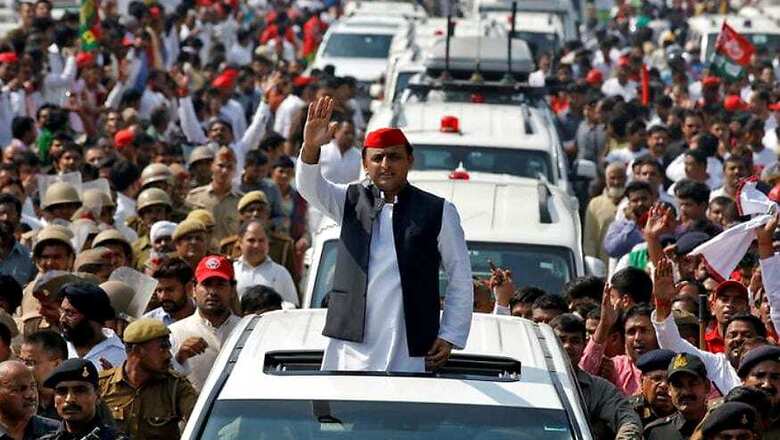
views
The split in the Samajwadi party (SP) raises seminal questions about the future of not only its major players Mulayam and son Akhilesh Yadav, but of democratic politics in the key state of UP.
An important party in the Hindi heartland, formed during a period of turmoil in the early 1990s, which witnessed the collapse of single-party dominance and rise of identity-based parties, the SP today due to dynastic conflict and decline, faces an uncertain future. More immediate, is the question of the impact of the split upon the approaching assembly elections in UP in February 2017.
During the 1990s, Mulayam Singh respected among his peers, worked hard to create a party that stood for secularism, socialism and social justice for the backwards. His opposition to the Ram Mandir movement earned him the title of ‘Maulana’ Mulayam. However, over the last decade despite forming the government in UP three times, the SP has degenerated into a family fiefdom, a Yadav party enmeshed in the business, political and criminal elements in the state. It has supported mafia don Mukhtar Ansari and his party the Qaumi Ekta Dal; Mulayam’s close links while Chief Minister in the 2000s with big business houses it is alleged, resulted in corporatisation of the state.
He also practiced vendetta politics, overturning many decisions made by previous Chief Minister Mayawati. Failure to prevent the Muzaffarnagar riots of 2013, many hold due to control by the Mulayam faction, led to loss of Muslim support.
The emergence of Akhilesh - a young, educated and progressive leader - and his appointment as Chief Minister in 2012 raised optimism among the people of the state.
While Akhilesh could not complete his development-oriented agenda, he has been able to distribute laptops, construct express highways, metro rail, hospitals and helplines, all implemented on time, and make good use of social media to project his ideas.
His popularity ratings remain high in UP particularly among the youth. While this could be due to a widespread perception that the Shivpal-faction did not allow him to function freely, resisted his attempt to remove the old caste and patronage-based corrupt system, and reinvent the party image. A more important reason is Akhilesh represents to the younger generation a post-identity, post-globalization leader with potential to create a modern, developed state and provide jobs. This is reflected in the large number of the youth brigade and MLAs of the party - including the older, founder members who though close to Mulayam –have chosen to side with Akhilesh, as they feel he represents the future of the party.
Akhilesh who has in the past made friendly overtures towards Rahul Gandhi, is keen to form an alliance with the Congress party. This could prevent fourfold division of the votes, which would benefit the BJP. More important, it holds the possibility of consolidation of the Muslim vote behind the two partners. Following the Muzaffarnagar riots of 2013, there was anger within the Muslim community against the SP, for failure to prevent the riots and protect their life and property.
However, there are ground reports that Muslims are once again moving towards the SP, keen to support Akhilesh. This would have a twofold effect: Muslim votes will not be divided, a situation that usually helps the BJP, and could counter the BSP a strong contender of minority votes, which has decided to put up 97 Muslim candidates out of a total of 401.
The latter, the first party to announce its candidates is making tremendous efforts to mobilise Dalits and Muslims; also it has a better record of maintaining law and order, which all sections of the electorate would welcome. Most important, the Congress-SP alliance could gain a total of 30% of the votes – the SP had gained 22.4% and the Congress 7.4% in the 2014 national election – a figure which has enabled parties in the past to form the government in UP. The alliance, if formed, could convert the election into a straight contest between the BJP and the SP/Congress.
However, the alliance will have to work hard to counter a well-organized, aggressive BJP, desperately keen to win the UP election. As in 2014, the party will employ the twin strategies of development and communal mobilisation to woo the electorate: ‘surgical’ strikes and demonetisation that have enhanced Modi’s image of a pro-poor crusader against corruption and black money, which it is hoped will neutralize caste/community appeals. Simultaneously, leaders such as Amit Shah will polarise the electorate using divisive issues such as the Ram Mandir, alleged Kairana exodus and the Muzaffarnagar riots; these have already appeared in campaign speeches.
Elections are due first in the sensitive western districts, which could set the stage for a communally charged campaign. The party is also attempting to create an inclusive Hindu identity by mobilising the backwards and Dalits, its success in attracting the former would hurt the SP.
For Modi the UP elections are particularly crucial, virtually a referendum on his demonetisation scheme. The party will make an all-out effort as victory is required to elect a suitable President, boost investor confidence in the economy and move with greater confidence towards the 2019 elections. If Akhilesh is able to overcome these immense challenges and win the elections, he will have scripted history and politics in UP and the country will take a new turn.
(The author is National Fellow Indian Council of Social Sciences, and Former Rector & Professor, Centre for Political Studies, School of Social Sciences, Jawaharlal Nehru University)













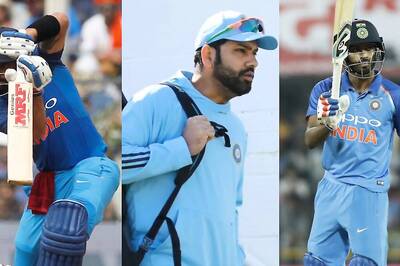


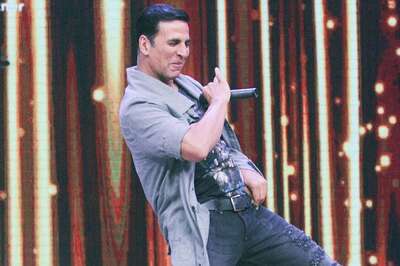
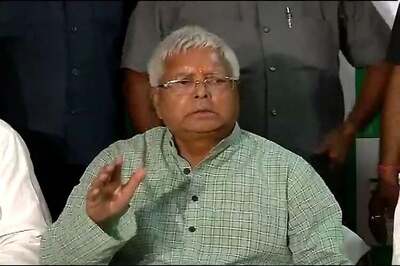
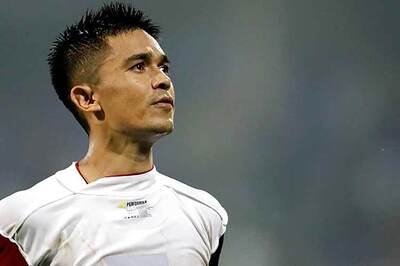
Comments
0 comment